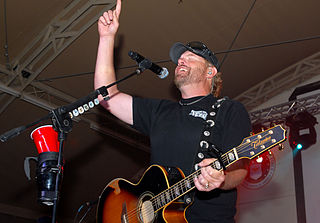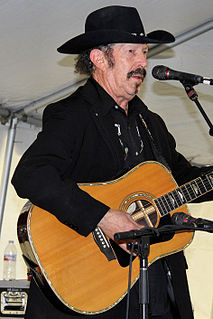A Quote by Elizabeth I
Related Quotes
I thought that if the right time gets missed, if one has refused or been refused something for too long, it's too late, even if it is finally tackled with energy and received with joy. Or is there no such thing as "too late"? Is there only "late," and is "late" always better than "never"? I don't know.
We live, understandably enough, with the sense of urgency; our clock, like Baudelaire's, has had the hands removed and bears the legend, "It is later than you think." But with us it is always a little too late for mind, yet never too late for honest stupidity; always a little too late for understanding, never too late for righteous, bewildered wrath; always too late for thought, never too late for naïve moralizing. We seem to like to condemn our finest but not our worst qualities by pitting them against the exigency of time.
Non est, crede mihi, sapientis dicere 'Vivam':
Sera nimis vita est crastina: vive hodie.
Believe me, wise men don't say 'I shall live to do that', tomorrow's life is too late; live today.
Variant translation: Tomorrow will I live, the fool does say; Today itself's too late; the wise lived yesterday.
Life is insanely robust, though we can make species go extinct, and this is the bad thing. So I always make the point that you can't say, 'Is it too late?' That is the terrible question, because either answer promotes inaction. If it's too late, you don't need to act; if it's not too late, you don't need to act.
But the most dangerous thing in the world in the world is to run the risk of waking up one morning and realizing suddenly that all this time you've been living without really and truly living and by then it's too late. When you wake up to that kind of realization, it's too late for wishes and regrets. It's even too late to dream.





































